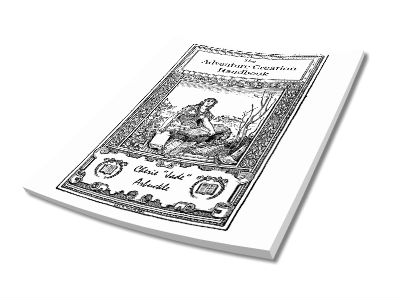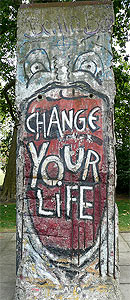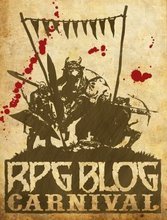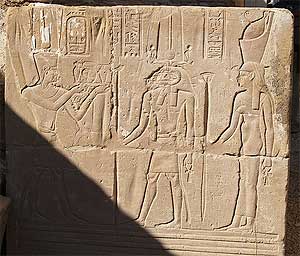 Want to write your own adventures?
Want to write your own adventures?
You can learn to write good adventures and The Adventure Creation Handbook will show you how. Maybe you’re searching for an original idea. Or maybe you’ve just looking for a way to take that exciting climatic battle you see in your head and put it into a form your players will enjoy. Wherever you are in the adventure creation process, this book will guide you step-by-step through the process of creating an adventure for any genre, any game system.
Overcome creativity blocks and dry spells. The Adventure Creation Handbook describes several methods of coming up with adventure ideas your players and you will enjoy.
Customize plots for your group and your game. By using your players and their wants as a starting point, this method allows you make adventures your players will want to play.
Integrate adventures into your campaign. This method integrates the adventures into your game system and campaign world from the very beginning. No trying to shoe-horn or retrofit ideas that don’t really fit.
“If you ever opt for an affiliate program, I’d be proud to represent your book.”
Johnn Four
http://www.roleplayingtips.com
http://www.campaignmastery.com
http://gamer-lifestyle.com
What’s included:
- A step-by-step method for creation adventures that covers
- Generating the original idea
- Translating that idea into a series of events by asking and answering questions
- Putting the events in a meaningful order that’s flexible enough to take player whim into account
- Developing incentives to entice your players to go on the adventure
- Getting it all down on paper (or in the computer) so you don’t forget anything important
- Suggestions for running your newly written adventure
- A worksheet to help you put your ideas in order
- A checklist so you don’t miss any steps
- Printer-friendly black & white design. No heavily colored pages to eat toner.
In addition, when you purchase The Adventure Creation Handbook, you receive these free bonuses:
- Life time updates. You’ll receive a free copy of this book every time it’s updated or revised. No need to go searching for errata or buying the next version, just to have up-to-date information.
- An example of adventure creation using this method, illustrating each step.
- A booklet of GMing tips from my blog Evil Machinations.
- 90-day unconditional money-back guarantee. No questions asked.
What’s it cost? $7 for the next 30 days. That’s a special launch price. After August 15, 2011, the price will go up to $10.










![Reblog this post [with Zemanta]](http://img.zemanta.com/reblog_c.png?x-id=8bf58850-5515-496c-ae21-82a2c87946bf)





